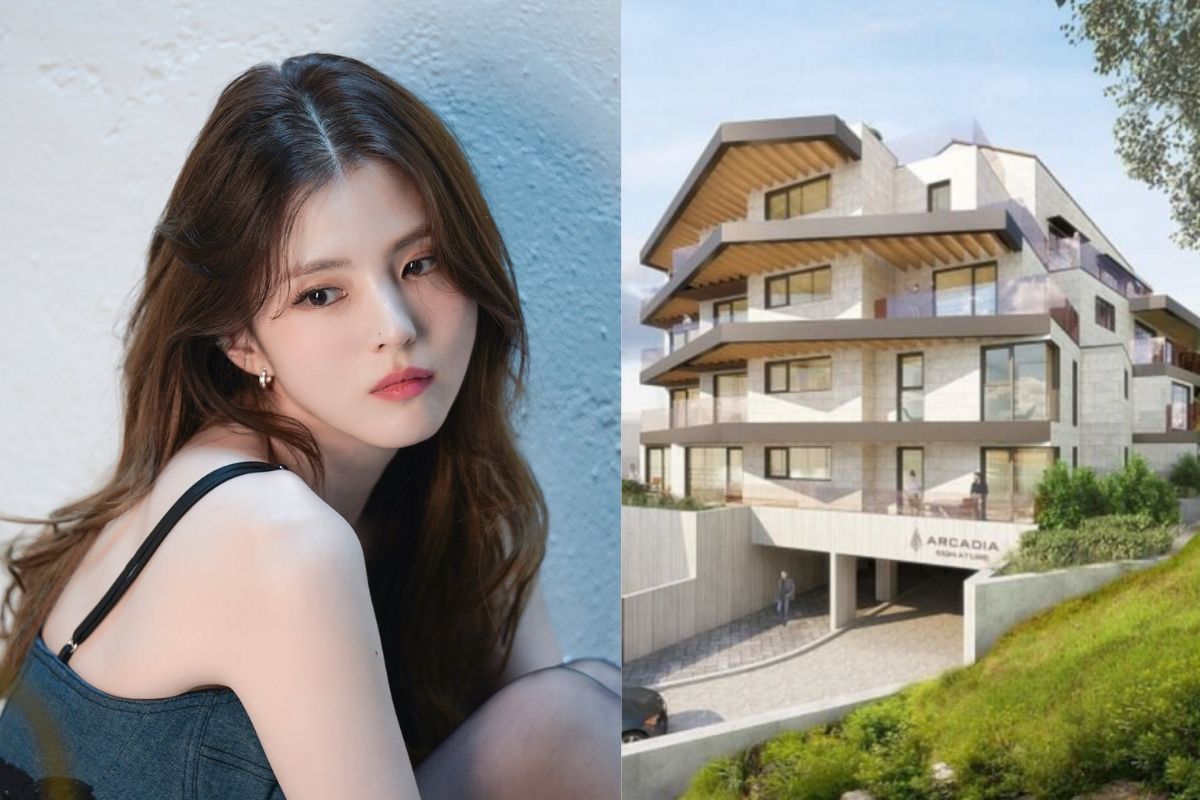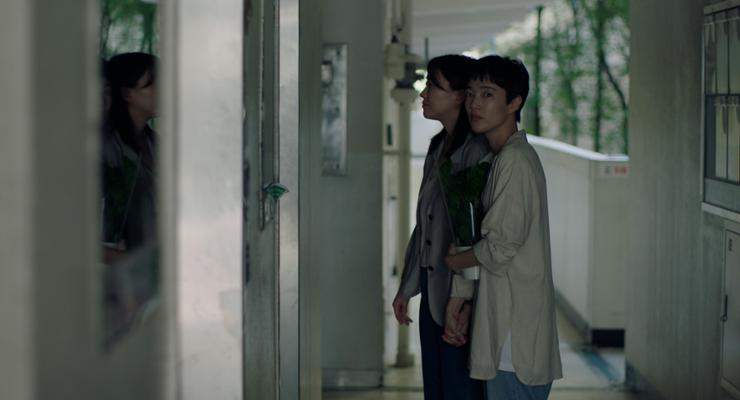The concentration of household assets in real estate is partly due to South Korea's relatively small land area and high population density in urban areas, according to the Korea Times.
According to a report by Statistics Korea, real estate accounted for 78.6% of the average household assets in Korea as of March 2023, significantly higher than other countries.
The belief that “everyone must own a home” is deeply ingrained in South Korean society. Apartments account for 52% of all housing in South Korea, and are often portrayed in the media as a symbol of social status and personal stability.
The global success of Blackpink’s Rose’s collaboration with Bruno Mars, “APT.” (short for “Apartment”), once again made the keyword “apartment” a dominant topic.

Meanwhile, movies, web comics, and TV dramas are also increasingly highlighting this theme.
Recent Korean dramas such as "Lucky, Apartment," "4 Minutes 44 Seconds," and the upcoming "The Berefts" use apartments as the main setting, where many characters play out their stories and conflicts.
In "The Berefts," which will premiere on November 20, two families set up a fake household, trying to get an apartment through a fake marriage, hoping to have a stable life.
In this film, Mun Ho (Im Hu Seong) and his daughter Go Eun (Lee Soo Jeong), a mentally disabled person, are trapped in the vicious cycle of life in a motel, constantly struggling to survive.
Through a broker, Mun Ho arranges a fake marriage between his daughter and Do Kyung (Lee Do Jin), a man who lives in a semi-basement apartment and works as a driver.
Mun Ho and Do Kyung take advantage of the fact that they have a disabled family member, giving them priority in apartment rental applications, hoping to escape their dead-end lives.
The film "Lucky, Apartment," released last month, is about a gay couple who have to deal with an unpleasant smell in their mortgaged apartment.
The drama depicts the escalating tensions between Sun Woo (Sohn Su Hyun) and Hee Suh (Park Ga Young) as they investigate the source of a foul smell, while clashing with neighbors and worrying about falling property values.

In addition to movies, other forms of popular culture that deal with apartment and real estate ownership are also gaining attention.
The horror webtoon "Deadly for the Property-Less" by comic artist Yugi deals with the inevitable theme of apartment ownership and human desires in Korean society, where real estate values can increase by tens of millions of won in a short period of time.
In the story, the character Ji-ae lives in an expensive apartment in Seoul. Her colleagues at the company think that Ji-ae owns the apartment, but she actually lives in the house of her high school friend Ye-ji.
When Ye-ji accidentally dies, Ji-ae realizes she can't stay if her friend's death is discovered. So she hides the body in the refrigerator and covers up the death.
Moon Kwan Kyu, a professor of art and visual culture at Pusan National University, notes that apartments — Korea's typical housing type — are always a hot topic.
"Since the 1960s, there have been many films about apartments, the main residence of Koreans. However, apartments - once the homes of the middle class - are now the dividing line between rich and poor, and there is no better place to show class than an apartment.
Owning an apartment has become a symbol of wealth, and the type of apartment one lives in has become a defining characteristic of the standard of living in Korea.
This makes it an ideal canvas to explore themes of wealth and inequality. That is why pop culture content related to the apartment theme continues to attract audiences,” Professor Moon analyzed.











